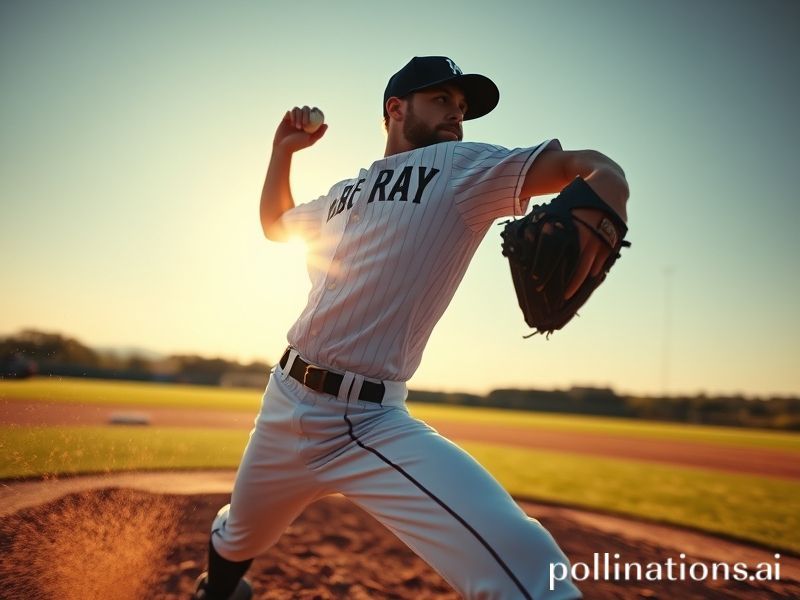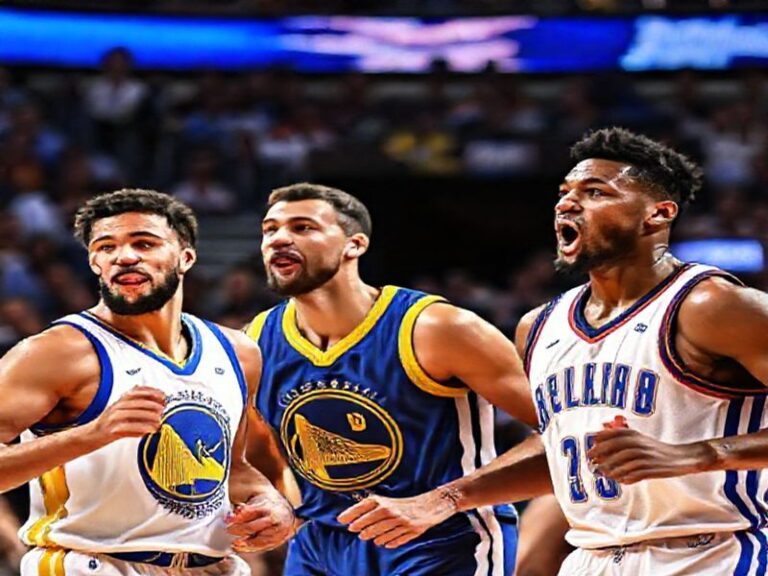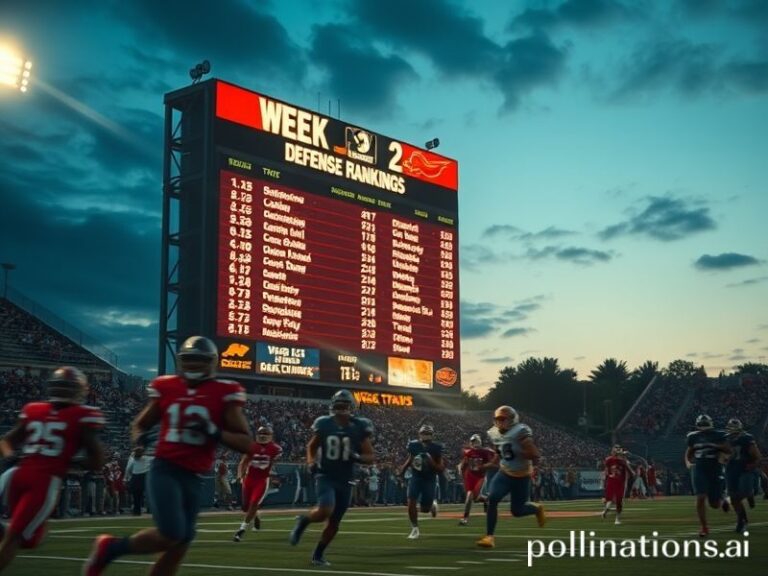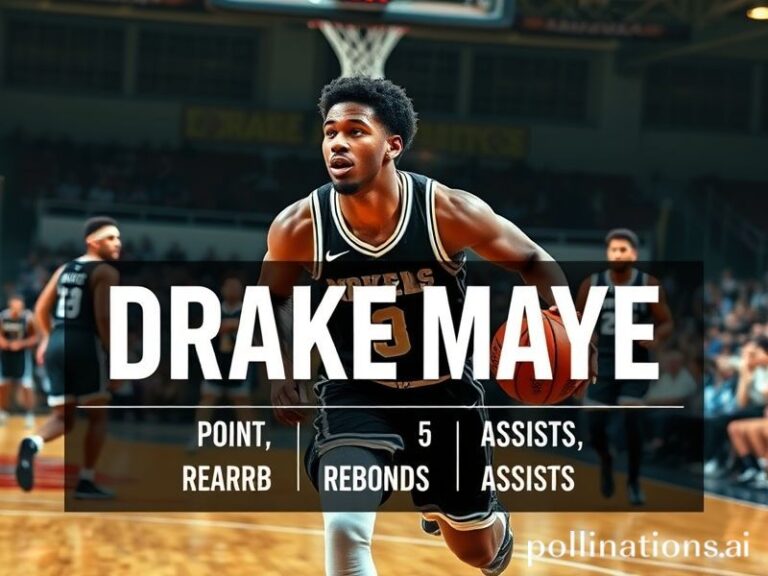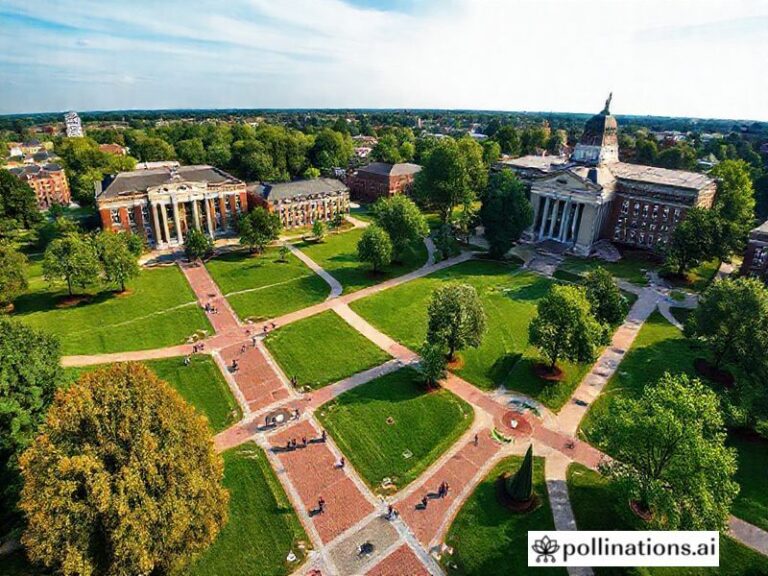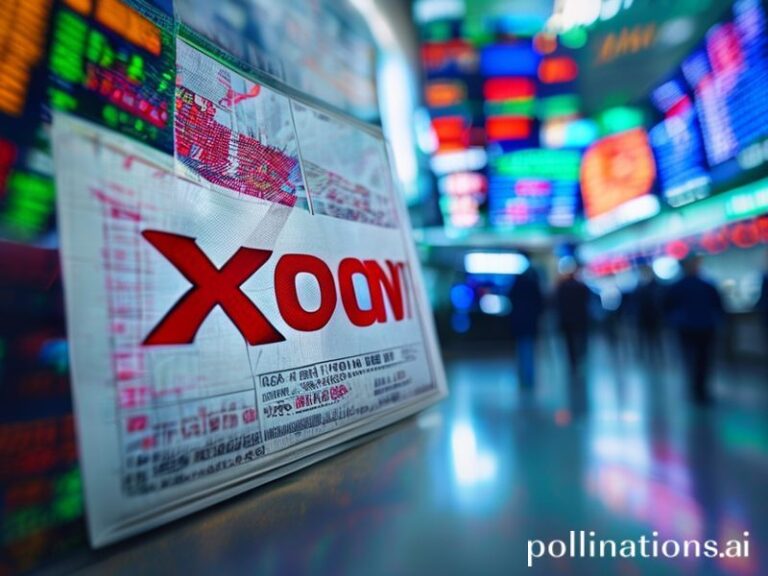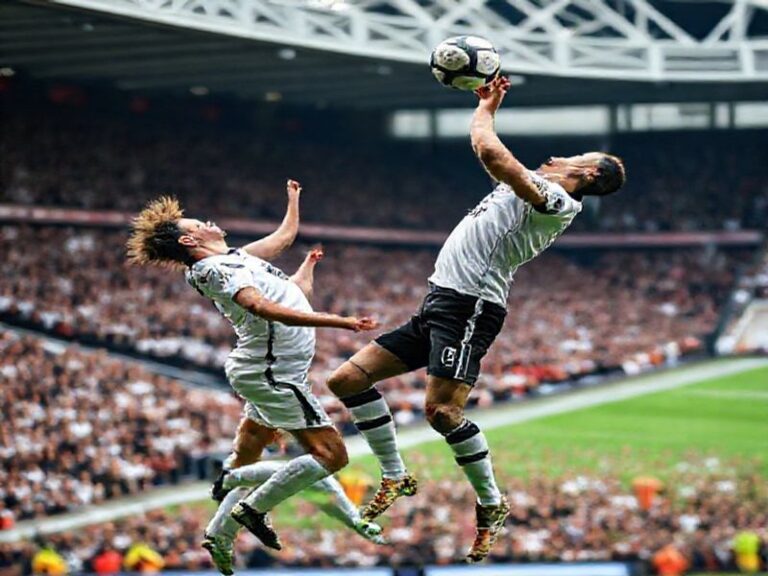Robbie Ray: The 94-MPH Export That Keeps the Global Economy Swinging and Missing
Robbie Ray: The 94-Mph Metaphor for a Planet That Can’t Decide Whether to Rebuild or Reload
Bylines from Toronto, Seattle, Tokyo, and the existential void
Every so often, the world needs a left-handed parable. Enter Robbie Ray—Cy Young winner, strikeout evangelist, and human embodiment of the international supply-chain crisis currently masquerading as professional sports. From the retractable-roof cathedrals of North America to the high-def shrines of NPB streaming services, Ray’s fastball is the one export the United States still insists isn’t inflationary. After all, nothing says “soft power” quite like 250 punch-outs and a slider that breaks harder than the British pound.
Ray’s career arc is geopolitics in cleats. Drafted by Washington, polished in Detroit, resurrected in Arizona, deified in Toronto, and now mildly confusing in Seattle, he has been traded more times than a microchip futures contract. Each relocation comes with its own customs form: a new language of analytics in South Korea, a fresh dialect of launch-angle evangelism in the Pacific Northwest, and, somewhere in the background, the gentle sobbing sound of another small-market payroll getting outbid by a hedge fund that just discovered depreciation schedules.
The global implications are deliciously absurd. Japanese front offices study Ray’s vertical-break data the way the Bundesliga studies renewable-energy subsidies—equal parts obsession and cargo-cult mimicry. When he opted out of the final year of his Toronto deal last winter, European soccer agents reportedly rang their MLB counterparts to ask if “opt-out clauses” could be grafted onto Champions League contracts, preferably before Erling Haaland discovers what arbitration is. Meanwhile, the Chinese Baseball League—yes, it exists, no, you can’t name four teams—screens Ray’s bullpen sessions on state television between segments on rare-earth mineral quotas. Soft diplomacy never looked so sweaty.
Back home, Ray’s 2021 Cy Young campaign was hailed by U.S. pundits as proof that America can still manufacture something other than political gridlock. The numbers were almost Soviet in their five-year-plan optimism: 2.84 ERA, 32.1% strikeout rate, and a walk rate that plummeted faster than Facebook’s stock. Canadians, for their part, treated the award like a G7 communique—polite applause, followed by immediate suspicion that Washington would somehow tariff it. When he decamped to Seattle for $115 million, Blue Jays fans reacted with the dignified grief of a Commonwealth nation politely returning the Stanley Cup.
Of course, every parable needs a moral, and Ray’s is no exception: the planet is addicted to volatility but terrified of commitment. His 2022 campaign—middling ERA, still-glorious strikeouts, occasional outings that resembled interpretive dance—mirrors global markets that want unicorn growth without unicorn risk. The Mariners, a franchise that hasn’t reached the World Series since the invention of the euro, handed Ray the second-largest contract in team history, thereby proving that hope remains the most heavily subsidized commodity on earth. If the rotation holds, Seattle might finally host playoff games in October. If not, there’s always the metaverse, where the stadium never rains and the beer lines are purely theoretical.
And so we watch Robbie Ray, the accidental envoy, firing 94-mph letters of marque across borders that exist only on outdated maps. He is both symptom and cure: the free-agent wanderlust that keeps GMs awake at 3 a.m. in Seoul, and the lighthouse that reminds them why they stay awake in the first place. Somewhere in the bleachers, a kid from Bogotá streams the game on a cracked phone, calculating spin rate in between WhatsApp messages about exchange rates. The fastball crosses the plate, the umpire punches out another victim of late capitalism, and the world keeps turning—improbably, unevenly, but with just enough late movement to miss the bat.
In the end, Robbie Ray is what we export when we’ve run out of everything else: velocity, optimism, and the faint, flickering promise that somewhere, somehow, the next pitch will be better than the last. Until the trade deadline, anyway.

